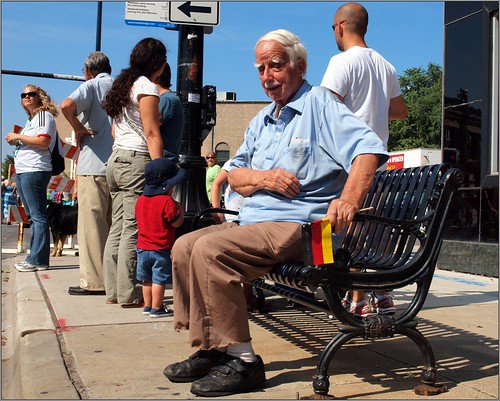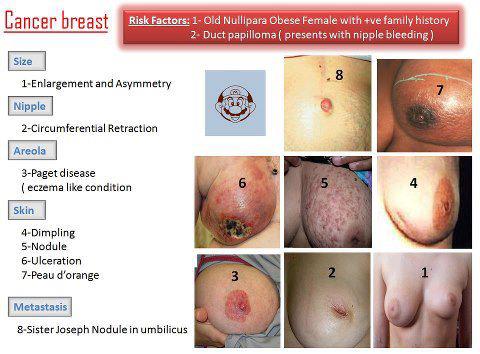Is Assisted Living Right For You?
The decision to transition from living independently to living in an assisted living situation can be a difficult one for the elderly. Many times the elderly are not prepared to face this decision because of perceptions that this transition marks the beginning of the end with the loss of hard won independence and dignity and respect. With a good plan and honest discussion, the elderly and their children can prepare many years beforehand to decide when should be a good time to consider an assisted living option. Assisted living is not the same as being in a nursing home, and with good planning, it is an excellent option to consider.
Assisted living can be called by a number of other names. These include residential care, board and care, congregate care, adult care homes, adult group homes, alternative care facilities, and sheltered housing. They all provide the same essential services, which is a daily level of support for everyday activities while allowing the elderly to maintain their independence. These facilities provide different levels of care depending on the needs of seniors. This can range from help with meal preparation to getting assistance in the middle of the night for using the bathroom. Assisted living facilities are a good choice for seniors if they find that their living situations require more personalized care services than their family and friends can provide. They are also ideal if seniors do not require around the clock medical care or the direct kind of supervision offered in a nursing home. Assisted living facilities are far more focused on the independence of the seniors living in them.
Good assisted living facilities provide around the clock safety and security as well as 24 hour access to medical care. These facilities develop personalized care plans tailored for individual needs and disabilities. Typically in a residential type facility, rooms are shared with other individuals unless more money is paid for single occupancy. They provide group dining areas and have common areas for social and recreational services. Assisted living facilities can be found in converted homes, apartment complexes, and even renovated schools.
What kind of services do assisted living facilities provide? It is important to remember that each state has its own licensing requirements for assisted living facilities, so seniors need to look into their own state laws and requirements when doing research. Essentially though, assisted living facilities will provide three meals a day in a common dining area as well as assistance with eating, bathing, dressing, going to the bathroom, and walking. They also provide assistance with housekeeping, transportation, access to health and medical services, and security. Emergency call systems are generally set up in each senior's living space, and exercise and wellness programs are provided for quality of life services. Medication management is very important to seniors, and assisted living facilities provide help with that as well. Staff is always on hand in assisted living facilities should they be needed, and most assisted living facilities try to develop a strong sense of community with their residents in order to allow them to live fully and as independently as possible.
The biggest hurdle to transitioning to an assisted living facility is preparedness. It is not an easy discussion to have, and seniors and their family members should be prepared to look honestly and critically at their living situations to determine whether or not assisted living is right for them. Like any family discussion, it needs to be done from a position of love and respect.
Derek Roberts writes for elderly care blogs. If you or a loved one is looking into assisted care, check out his blogs with more assisted care information.
Assisted living can be called by a number of other names. These include residential care, board and care, congregate care, adult care homes, adult group homes, alternative care facilities, and sheltered housing. They all provide the same essential services, which is a daily level of support for everyday activities while allowing the elderly to maintain their independence. These facilities provide different levels of care depending on the needs of seniors. This can range from help with meal preparation to getting assistance in the middle of the night for using the bathroom. Assisted living facilities are a good choice for seniors if they find that their living situations require more personalized care services than their family and friends can provide. They are also ideal if seniors do not require around the clock medical care or the direct kind of supervision offered in a nursing home. Assisted living facilities are far more focused on the independence of the seniors living in them.
Good assisted living facilities provide around the clock safety and security as well as 24 hour access to medical care. These facilities develop personalized care plans tailored for individual needs and disabilities. Typically in a residential type facility, rooms are shared with other individuals unless more money is paid for single occupancy. They provide group dining areas and have common areas for social and recreational services. Assisted living facilities can be found in converted homes, apartment complexes, and even renovated schools.
What kind of services do assisted living facilities provide? It is important to remember that each state has its own licensing requirements for assisted living facilities, so seniors need to look into their own state laws and requirements when doing research. Essentially though, assisted living facilities will provide three meals a day in a common dining area as well as assistance with eating, bathing, dressing, going to the bathroom, and walking. They also provide assistance with housekeeping, transportation, access to health and medical services, and security. Emergency call systems are generally set up in each senior's living space, and exercise and wellness programs are provided for quality of life services. Medication management is very important to seniors, and assisted living facilities provide help with that as well. Staff is always on hand in assisted living facilities should they be needed, and most assisted living facilities try to develop a strong sense of community with their residents in order to allow them to live fully and as independently as possible.
The biggest hurdle to transitioning to an assisted living facility is preparedness. It is not an easy discussion to have, and seniors and their family members should be prepared to look honestly and critically at their living situations to determine whether or not assisted living is right for them. Like any family discussion, it needs to be done from a position of love and respect.
Derek Roberts writes for elderly care blogs. If you or a loved one is looking into assisted care, check out his blogs with more assisted care information.




it takes only in Europe and USA
ReplyDeleteChoosing the best health care for elders are the most vital work in our life.
ReplyDeleteFor more information about assisted living visit: https://threelinks.org/assisted-living/